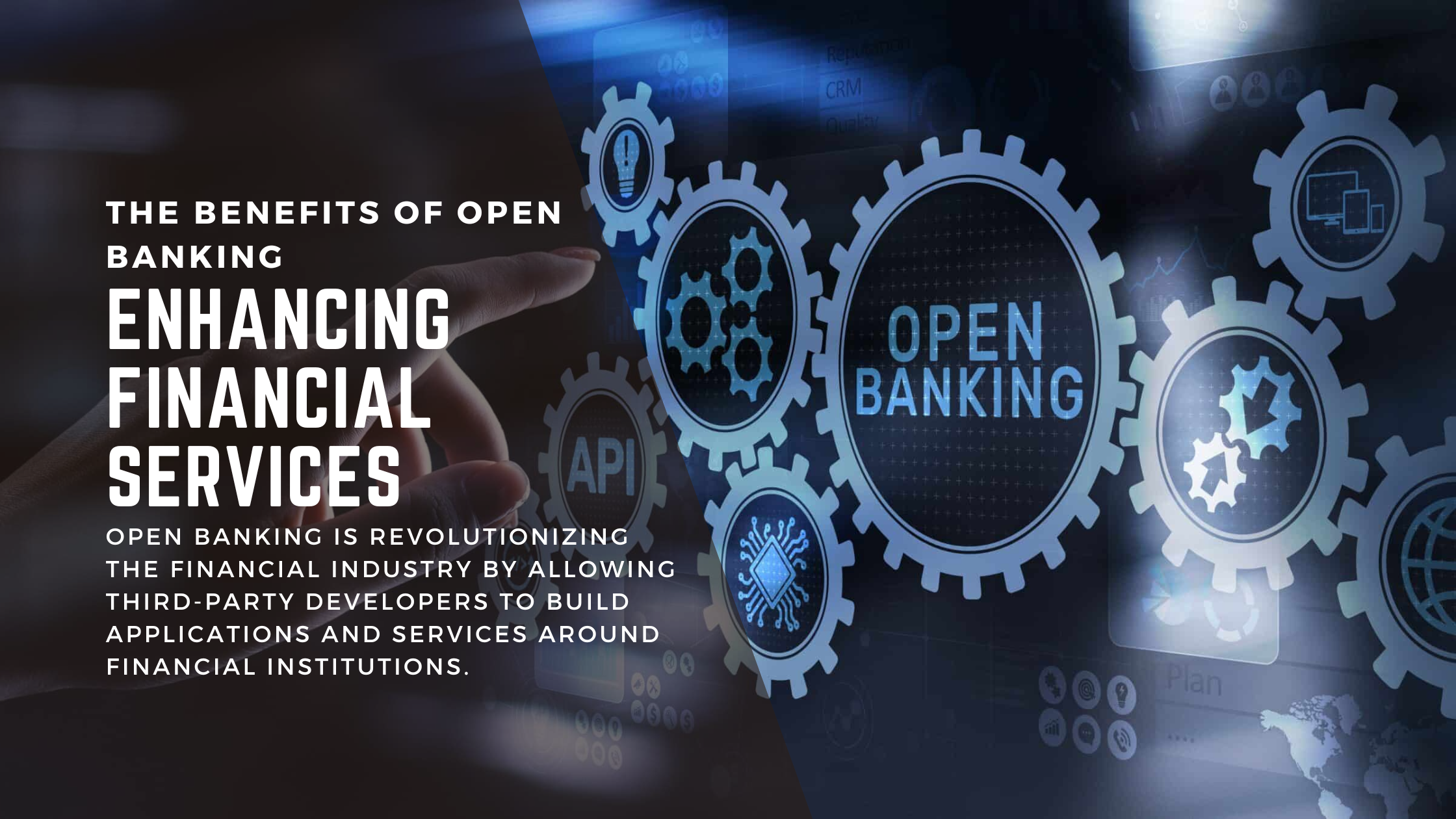January 17, 2026

-
Written by: Merchant Connect UK
- June 12, 2024

The Benefits of Open Banking: Enhancing Financial Services
Introduction: Open banking is revolutionizing the financial industry by allowing third-party developers to build applications and services around financial institutions. This is achieved through the use of Application Programming Interfaces (APIs), which enable secure access to financial data with customer consent. Here, we explore the numerous benefits of open banking for consumers, businesses, and the financial ecosystem as a whole.
Enhanced Customer Experience
a. Personalized Financial Services: Open banking enables the creation of tailored financial products and services. By accessing customer data, fintech companies can offer personalized advice, budgeting tools, and financial planning services that meet individual needs.
b. Simplified Account Management: Customers can manage multiple accounts from different banks through a single interface, streamlining financial management and improving convenience.
Increased Competition and Innovation
a. New Market Entrants: Open banking lowers the barriers to entry for new fintech companies, fostering competition and driving innovation in the financial sector. This leads to the development of innovative products and services that cater to diverse customer needs.
b. Improved Product Offerings: Traditional banks are encouraged to innovate and improve their offerings to compete with fintech firms, resulting in better services for consumers.
Greater Financial Inclusion
a. Access to Credit: Open banking can help underserved populations gain access to credit by allowing lenders to assess creditworthiness using alternative data sources, such as transaction history and payment patterns.
b. Financial Literacy and Education: Through personalized financial management tools, open banking promotes financial literacy and helps consumers make informed decisions about their finances.
Cost Efficiency
a. Reduced Costs for Businesses: Businesses can streamline their operations and reduce costs by integrating open banking APIs, which enable more efficient payment processing, reconciliation, and financial management.
b. Lower Fees for Consumers: Increased competition among financial service providers can lead to reduced fees for consumers, as companies strive to offer more attractive pricing and value-added services.
Enhanced Security and Transparency
a. Secure Data Sharing: Open banking uses robust security protocols and requires customer consent for data sharing, ensuring that personal financial information is protected.
b. Increased Transparency: Customers have greater visibility into their financial data and transactions, fostering trust and accountability in the financial system.
Streamlined Payments
a. Faster Transactions: Open banking enables faster and more efficient payment processing, reducing delays and improving the overall customer experience.
b. Enhanced Payment Options: Merchants can offer a wider range of payment options to customers, including direct bank transfers and innovative payment solutions, enhancing convenience and flexibility.
Improved Business Insights
a. Data-Driven Decisions: Businesses can leverage financial data accessed through open banking to gain insights into customer behavior, spending patterns, and financial health, enabling more informed decision-making.
b. Better Cash Flow Management: With real-time access to financial data, businesses can improve cash flow management, optimize working capital, and make strategic financial decisions.
Regulatory Compliance
a. Alignment with Regulatory Standards: Open banking initiatives are often driven by regulatory frameworks (such as PSD2 in Europe), ensuring that financial institutions comply with industry standards and promote a fair and transparent financial ecosystem.
b. Improved Risk Management: Access to comprehensive financial data enables more accurate risk assessment and management, benefiting both financial institutions and their customers.
Conclusion:
Open banking is transforming the financial landscape by promoting competition, innovation, and financial inclusion. It enhances the customer experience, reduces costs, and improves security and transparency. As open banking continues to evolve, its benefits will likely expand, further shaping the future of financial services. Embracing open banking is a step towards a more efficient, inclusive, and customer-centric financial ecosystem.
We’ll Help You Start Accepting Payments
Contact us today to learn more about how we can meet all your payment processing needs.
Categories
- Banking(15)
- Industry Insights(39)
- Merchant Account(8)
- Online Payments(20)
Recent Post
December 4, 2025
Best Local Payment Methods for Global Expansion (LATAM, APAC, EU)
November 24, 2025
